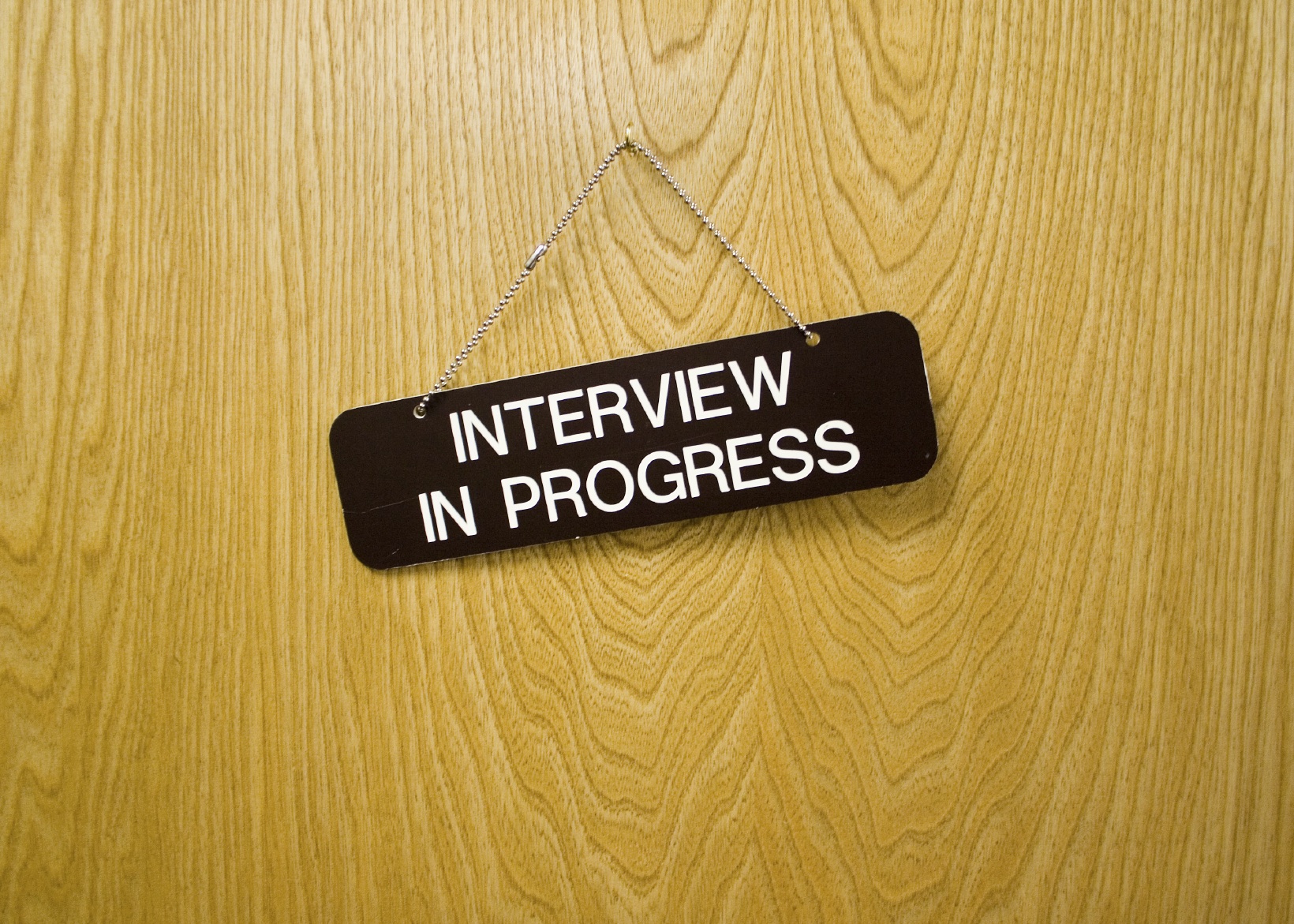Interviewing is a useful way of gaining information from other activists, community leaders and experts through a series of focused questions. By talking directly to knowledgeable people (sources) you can learn a lot.
This guide will cover:
Various interview styles
How to create a focus
How to ask good questions
What to do physically
Styles
Depending on what the purpose of the interview is, you can vary your style of questioning. You wouldn’t interview a politician who has refused to address issues put forth by your campaign in the same way you would interview a protest leader for a community paper.
In a more confrontational situation it’s important to stay respectful and leave your most controversial questions until the end of your interview. If your source decides to stop the interview at that point, you will have gotten as much as possible out of them already.
In an interview where someone has experienced trauma, tragedy or a loss, be compassionate. Give them time to answer and be appreciative. If you’re talking to an academic or expert, cut through their jargon. Ask them to make analogies, explain it as though talking to a friend, or summarize.
When interviewing for broadcast, and anecdotes work really well. As your source about experiences that show audiences rather than tell. Instead of saying activist X is dedicated, get them to tell a story about a time when they saw a cause through to the end.
How to Focus an Interview
Before interviewing a source, do some research and become knowledgeable about the topic. The focus of your interview can be broad or narrowing, depending on its purpose. Make sure you know the information that you want to ascertain from an interview before you start it and finish when you’re satisfied you have contextualized answers.
Questions, questions
A closed ended question lets the source get away with a yes or no answer.
Ie Did protesters run when the police showed up?
The best questions are open ended, which means that they force the source to elaborate. They typically begin with what, when, how, who, where and why.
Ie What did protesters do when the police showed up?
Try to keep value judgements out of your questioning. The source’s opinion is important; that’s why you’re interviewing them.
What to do physically
Eye contact is key when interviewing. Try to use a digital recorder to capture the interview, so you don’t have to worry so much about making notes. Show you’re interested in what the source has to say. Nod, jot short notes, or lean forward slightly. Don’t be afraid of silence. Though it is awkward, your source may try to remedy this by talking more.
Even if you have questions written out, don’t forget to listen. If a source mentions something interesting, ask about it.



